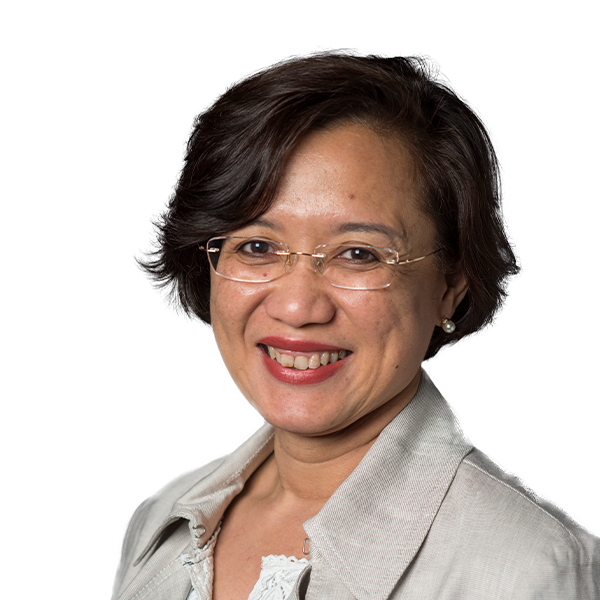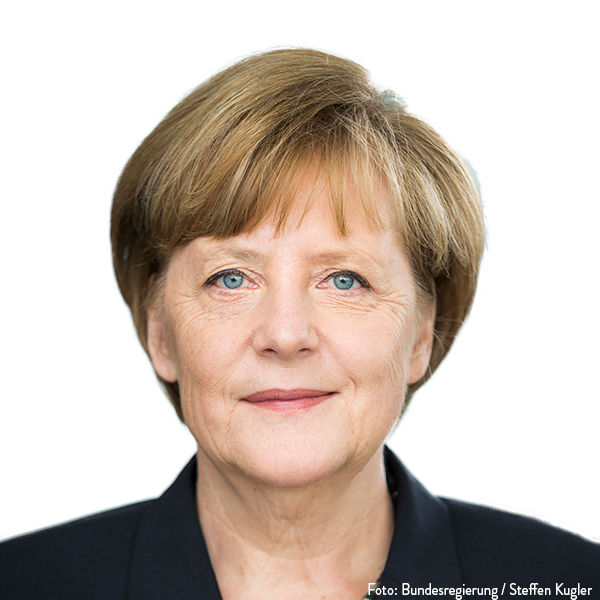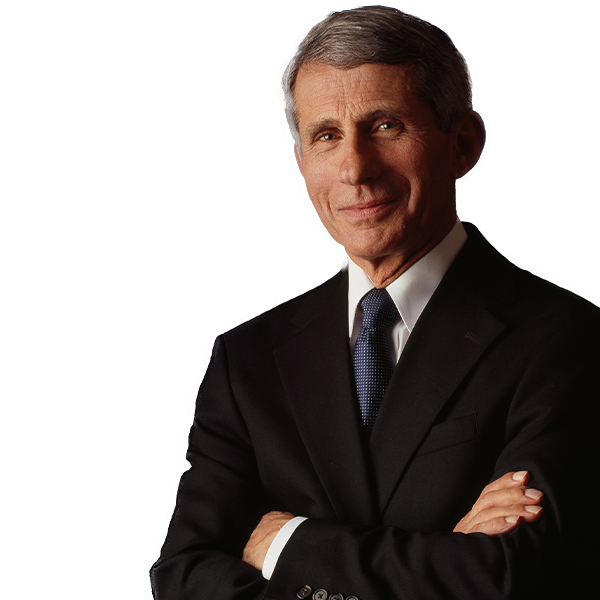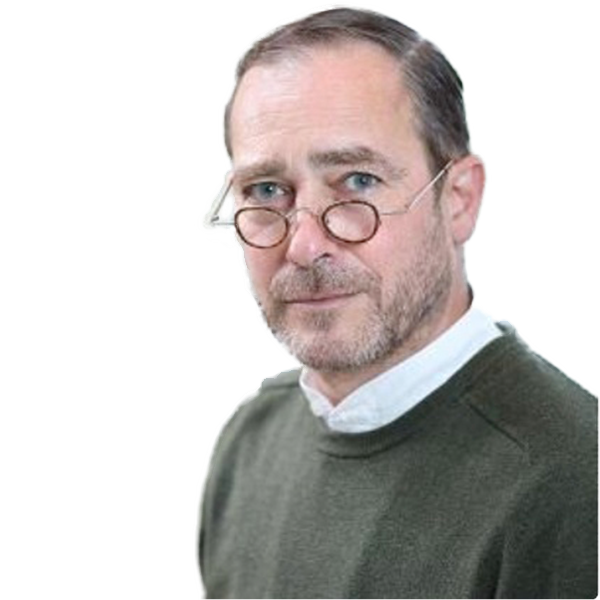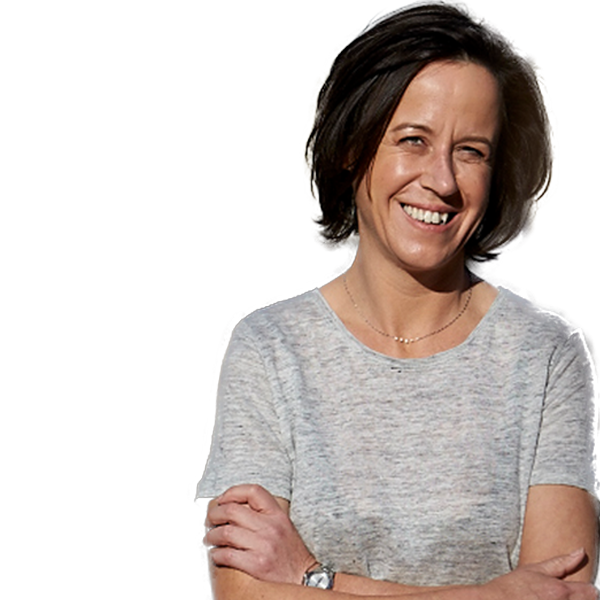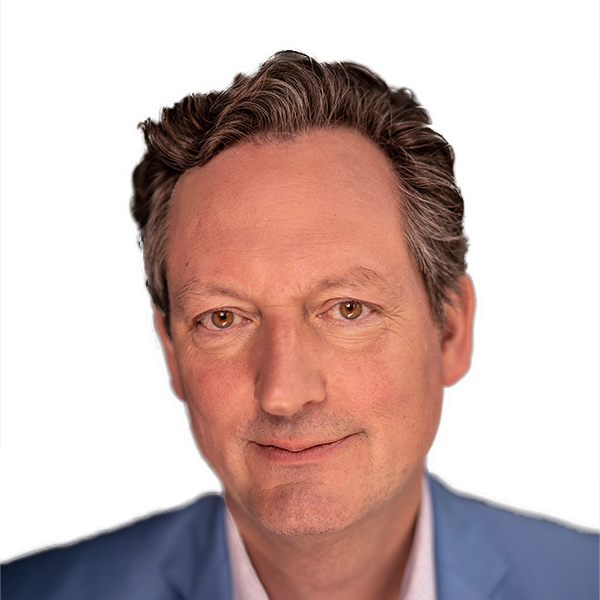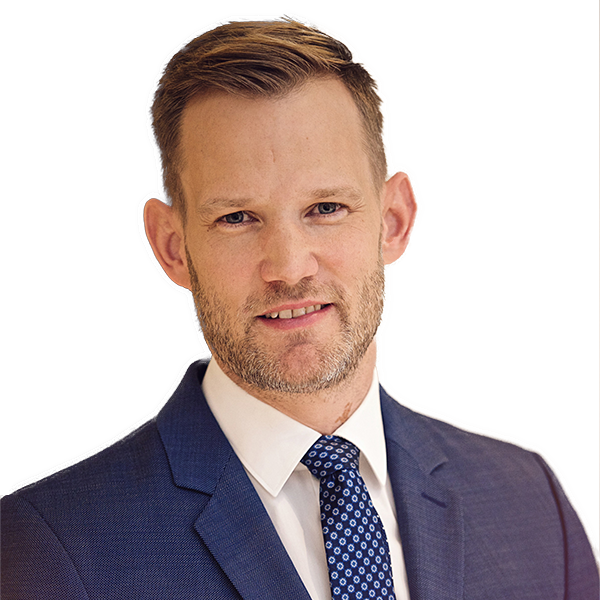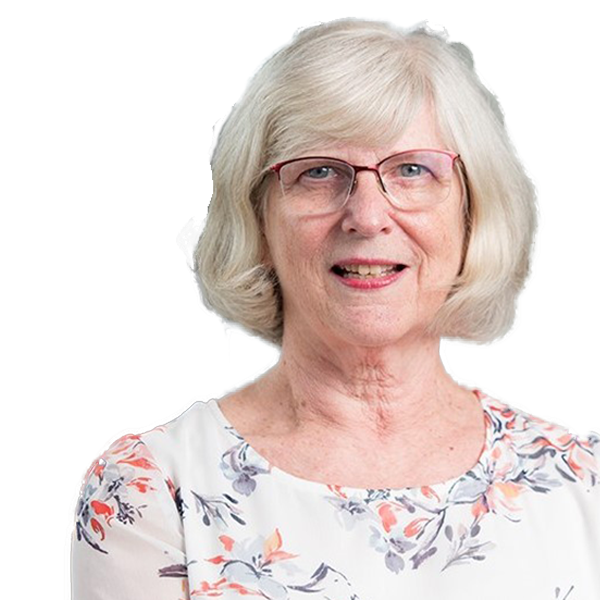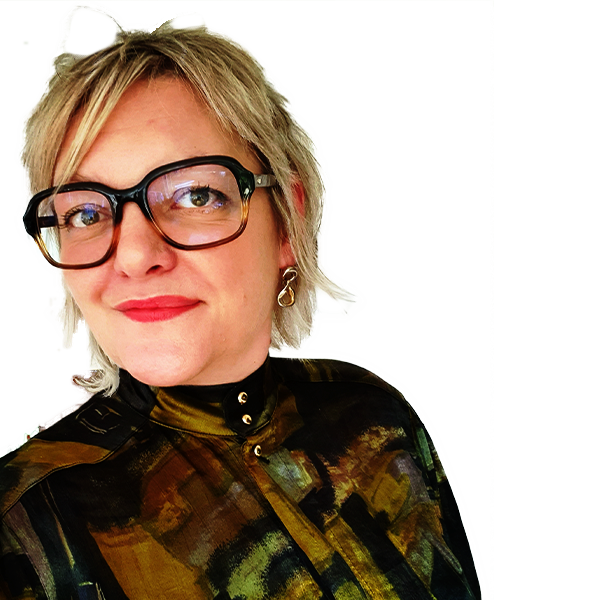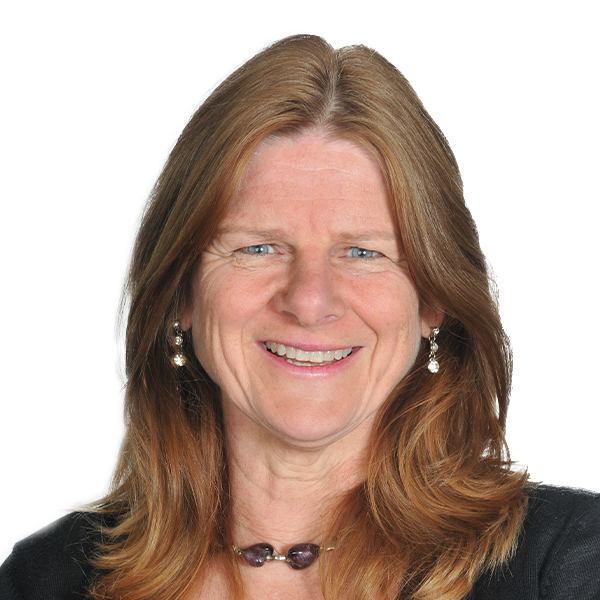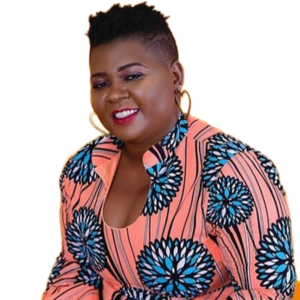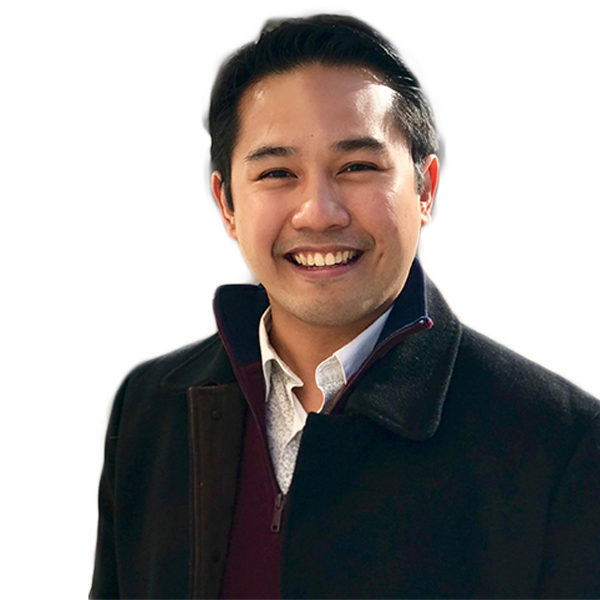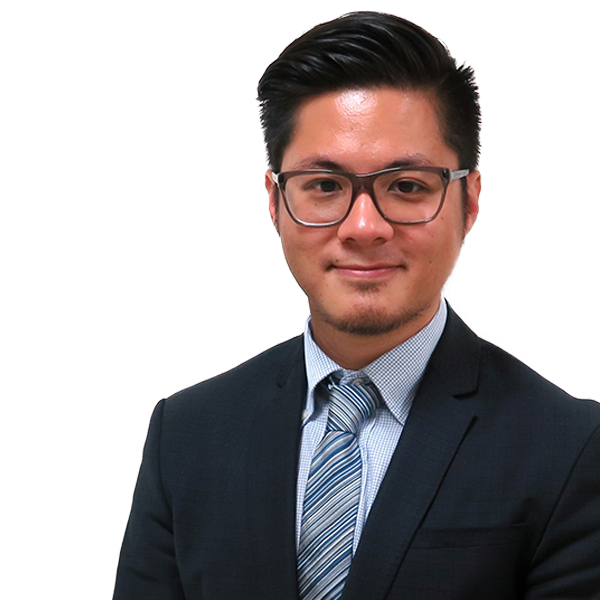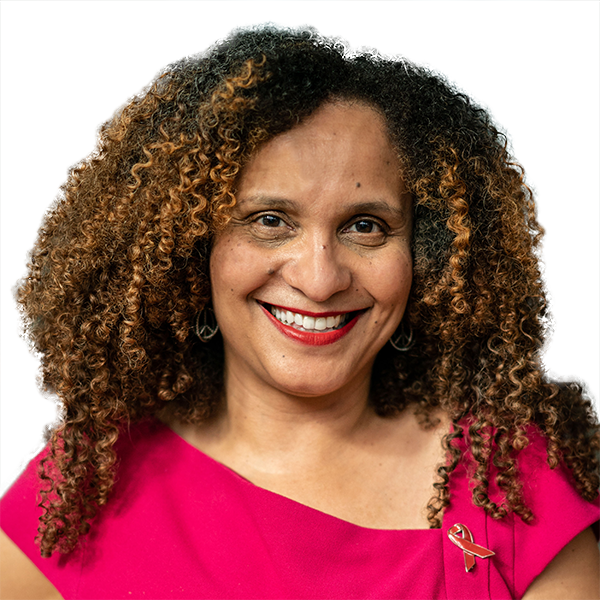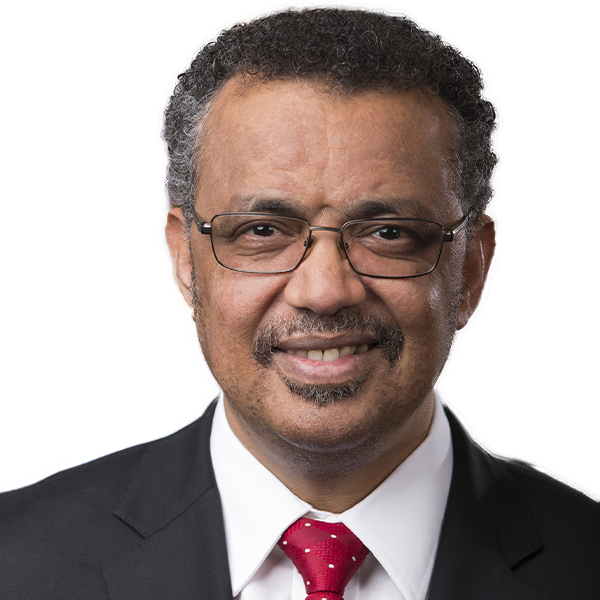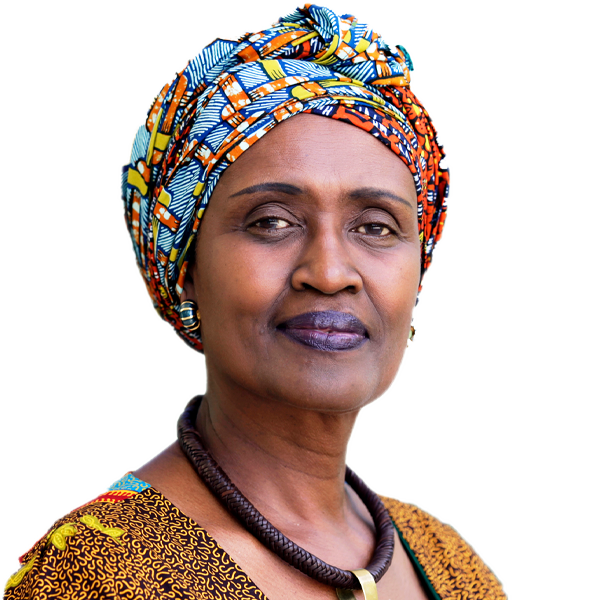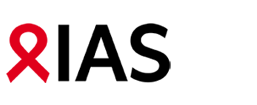Dr Tedros Adhanom Ghebreyesus was elected WHO Director-General for a five-year term by WHO Member States at the Seventieth World Health Assembly in May 2017. In doing so, he was the first WHO Director-General elected from among multiple candidates by the World Health Assembly, and was the first person from the WHO African Region to head the world’s leading public health agency.
Born in the Eritrean city of Asmara, Dr Tedros graduated from the University of Asmara with a Bachelor of Biology, before earning a Master of Science (MSc) in Immunology of Infectious Diseases from the University of London, a Doctorate of Philosophy (PhD) in Community Health from the University of Nottingham and an Honorary Fellowship from the London School of Hygiene and Tropical Medicine.
Following his studies, Dr Tedros returned to Ethiopia to support the delivery of health services, first working as a field-level malariologist, before heading a regional health service and later serving in Ethiopia’s federal government for over a decade as Minister of Health and Minister of Foreign Affairs.
As Minister of Health from 2005 to 2012, he led a comprehensive reform of the country’s health system, built on the foundation of universal health coverage and provision of services to all people, even in the most remote areas.
Under his leadership, Ethiopia expanded its health infrastructure, developed innovative health financing mechanisms, and expanded its health workforce. A major component of reforms he drove was the creation of a primary health care extension programme that deployed 40 000 female health workers throughout the country. A significant result was an approximate 60% reduction in child and maternal mortality compared to 2000 levels.
As Minister of Foreign Affairs from 2012 to 2016, he elevated health as a political issue nationally, regionally and globally. In this role, he led efforts to negotiate the Addis Ababa Action Agenda, in which 193 countries committed to the financing necessary to achieve the Sustainable Development Goals.
Prior to his election as Director-General of WHO, Dr Tedros held many leadership positions in global health, including as Chair of the Global Fund to Fight AIDS, Tuberculosis, and Malaria, Chair of the Roll Back Malaria Partnership, and Co-chair of the Partnership for Maternal, Newborn and Child Health Board.
After taking office as WHO Director-General on 1 July 2017, Dr Tedros initiated the most significant transformation in the Organization’s history, which has generated a wide range of achievements.


